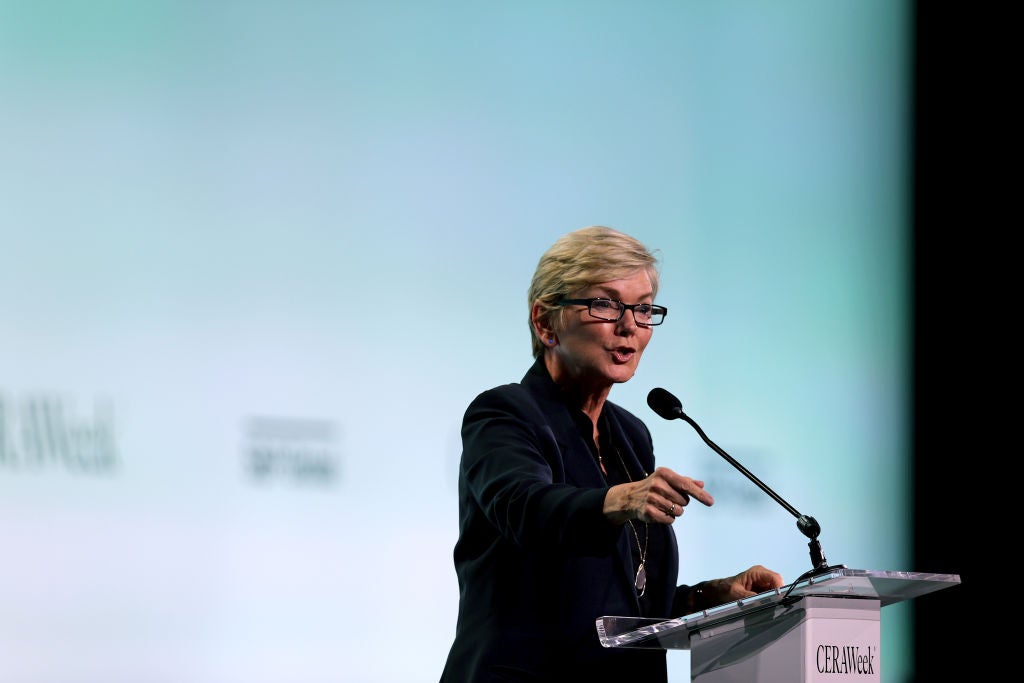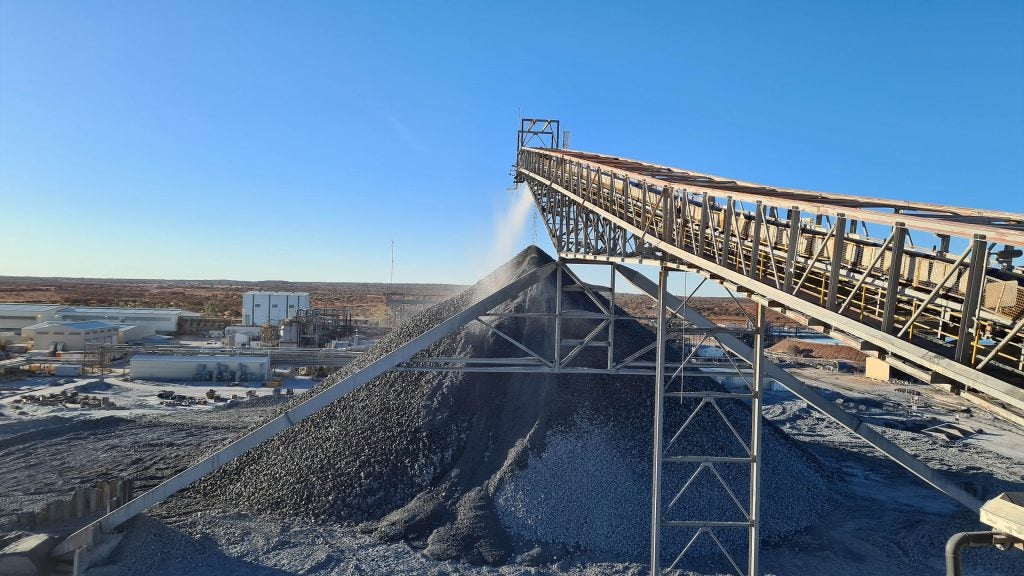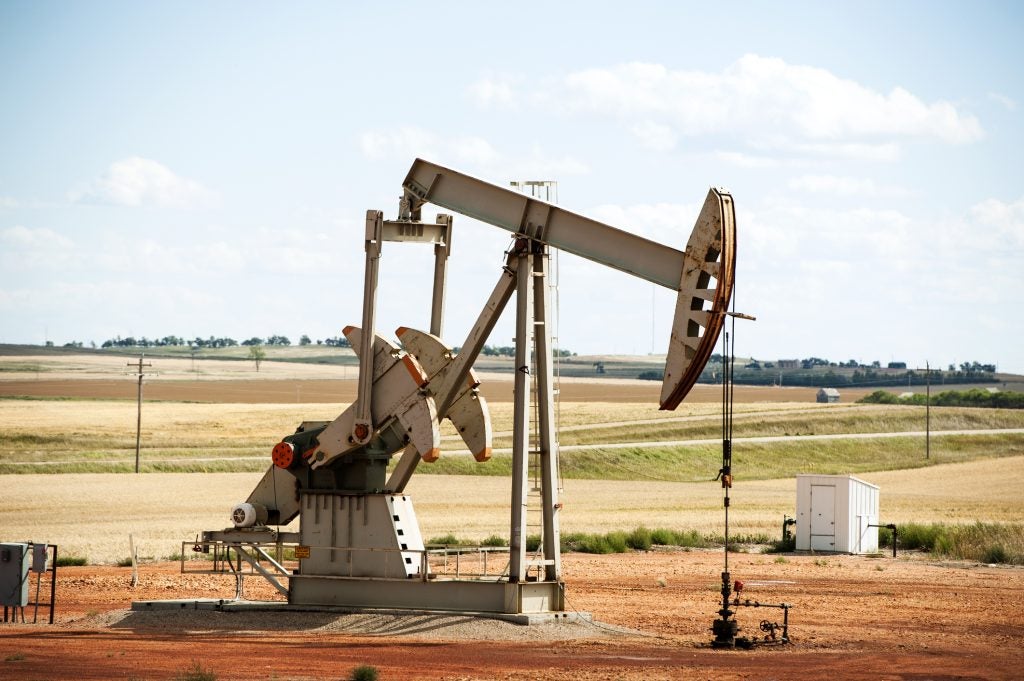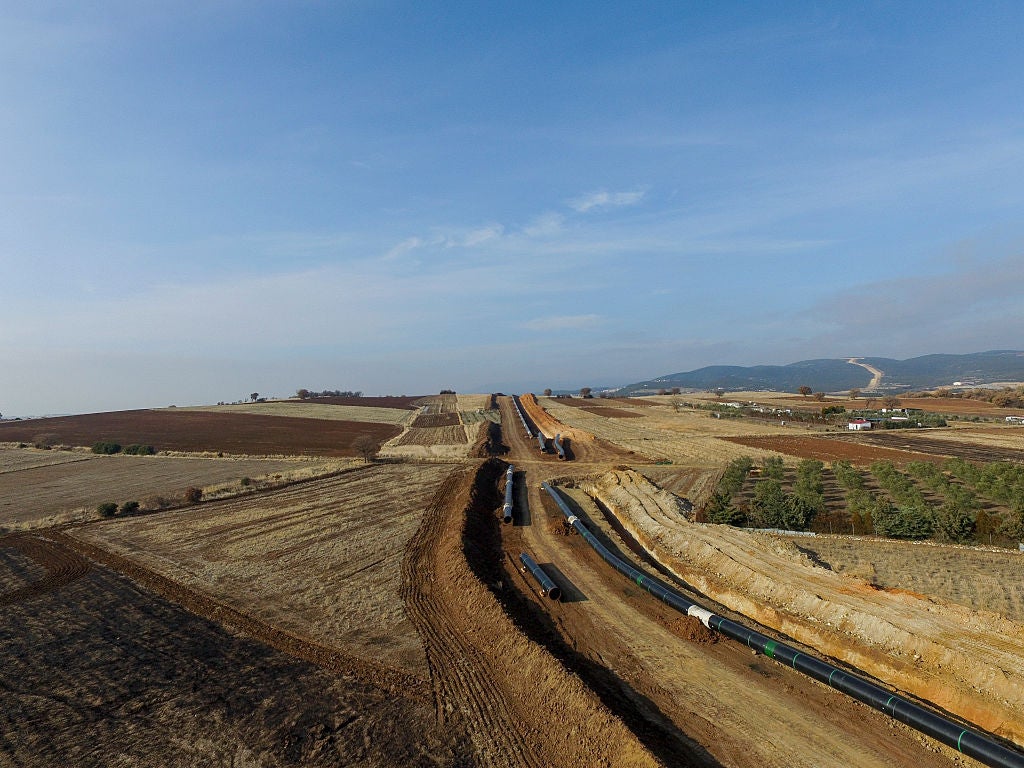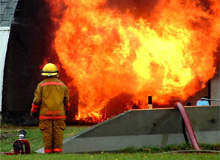
2005 has been a very tough year for many in the oil and gas industry, and especially for BP. in particular, we experienced the worst disaster in our recent history at Texas City Refinery in March 2005, when 15 people lost their lives and many more were injured in an explosion and fire. It has also been a year when BP – like many others – has had to contend with the hurricanes in the Gulf of Mexico.
The overwhelming lesson of 2005 for HSSE was simply the enormous significance of what we do, not only for business, but also for the wider world. HSSE deals with matters of life and death. Prevention, of course, is our keyword, but we also handle emergencies, crises and disasters.
We take the lead in learning the lessons when things go wrong. And the issues we deal with have a major impact on our organisations’ reputation and value.
HSSE is not undertaken primarily for commercial motives, but it does have significant commercial benefits. HSSE is a ‘driver of value’. If we get HSSE right – for the sake of our people and the communities we serve – then we will also get things right for our shareholders.
And as HSSE is critical for value, it needs to be recognised and resourced as such; HSSE is not an overhead, it is an investment.
See Also:
CREATING VALUE AND TRUST
How well do you really know your competitors?
Access the most comprehensive Company Profiles on the market, powered by GlobalData. Save hours of research. Gain competitive edge.

Thank you!
Your download email will arrive shortly
Not ready to buy yet? Download a free sample
We are confident about the unique quality of our Company Profiles. However, we want you to make the most beneficial decision for your business, so we offer a free sample that you can download by submitting the below form
By GlobalDataIn august 2005 Goldman Sachs issued a report called ‘Sustainable Investing in the Energy Sector’, which argued that there is a clear link between leadership on environmental, social and governance issues and the ability of companies to deliver new legacy assets.
A previous report was simply called ‘Environmental and Social Issues Count’ and was not able to make as strong a case for the connection to value.
One important way in which environmental and social issues count is in the battle for talent. BP has an aspiration to have ‘no accidents, no harm to people and no damage to the environment’, and this appears to strike a chord with the values of people who work for the company.
Every year, the internal Helios awards programme attracts hundreds of entries on HSSE issues, so there is a very clear connection between having values – meaning principles – and creating value – meaning returns.
Unfortunately, many people do not seem to recognise that business can have values. In a recent survey by Globescan, 65% of people said they trusted NGOs, 59% trusted the UN, 53% trusted governments, while just 42% trusted large global companies.
One way to improve that rating is for global companies to tell their story more confidently. Energy has been essential to the world’s development over the past century, with its higher life expectancy and living standards.
The fundamental purpose of our industry is to provide high-quality, reliable energy to meet the needs of the world’s 6.5 billion people, and doing more to benefit the two billion people who survive on less than $2 a day and who desperately need what we produce.
Sometimes we need to remember we are doing something good for the world and we should be proud of it. Let us look at a few aspects of health, safety, security and environmental management, and how they have an impact on value.
PLANT SAFETY
The Texas City tragedy has caused BP to examine working practices and to review a wide range of procedures – from ensuring correct practices are followed in control rooms to when people should sound alarms.
BP has been implementing a series of recommendations to address the immediate causes identified in the interim report of the investigation.
For example, on a very practical level, a programme is under way to move all trailers and temporary accommodation out of areas of refineries containing hydrocarbons where major accident risks exist.
There is also a programme to replace all of the blow-down stacks of the type involved in the discharge that led to the explosion at Texas City. These programmes amount to around $0.5bn of investment in total – and they are intended not only to prevent another such incident but also to move the company to a new level of safety practice.
Texas City was a shocking reminder of our own fallibility. But we also have to maintain our perspective in order to retain the confidence of our people and the communities where we work. This one terrible event does not invalidate the achievements of thousands of people day by day around the world.
Indeed, in BP the fatality trend had been falling until 2005. And the injury rate, measured in days away from work case frequency, has gone down from around 1.5 cases per 200,000 working hours in 1988 to 0.08 in 2004.
In E&P, safety performance has improved by 80% over the last five years. If we had kept working to the performance standards of 1999, 6,500 more recordable injuries would have occurred since that date. This is a tribute to the work done by thousands of people to embed our safety values, standards, rules and systems.
And of course this trend is not confined to BP. The latest figures from the International Association of Oil and Gas Producers show that the fatal accident rate in the global E&P industry has virtually halved since 1995 and the lost-time injury rate has fallen from over three per million hours worked in 1995 to around one last year.
ROAD SAFETY
A particular concern for BP in the last two years has been
driving. The problem was brought home in 2003 when 20 people died while working as employees or contractors for BP and 14 of those deaths involved vehicles. And out of 31 fatalities among members of the public in incidents related to our activities, 28 were transport-related.
As a result, BP developed a global driving standard – with assistance from external experts – setting out what is expected of BP drivers and their vehicles. For example, this stipulates that no driver will ever use a mobile phone while driving, not even ‘hands-free’, and that all BP drivers and their passengers will wear seat belts, even if they are not required by local laws.
The standard has been publicised and implemented right across BP’s operations in 100 countries, with videos, workshops and training packages. In 2004, workforce fatalities linked to driving fell from 14 to four.
Another area in which progress is being made is preventing tanker rollovers, which typically cost over $1m per incident. Investigations found that the immediate causes of rollovers included driving too fast and fatigue. The root causes included inadequate training and management.
BP responded by calling a time-out to raise awareness and arrange training, and in the subsequent two years the number of rollovers have nearly halved.
BP is becoming known for its road safety standards. In China, for example, one BP employee got into a taxi and put on her seat belt. The taxi driver said: "I expect you work for BP." What better brand recognition could you ask for?
HEALTH
In health, as in security, BP’s work begins with its own people, but extends outwards into communities, where it will inevitably affect perceptions of the business.
BP actively participates in the Global Business Coalition on
HIV / AIDS as one of 250 corporations worldwide. Initial programmes to address HIV / AIDS were focused on BP’s workforce – promoting tolerance, respect, education, support and treatment. This experience has naturally led to an extension of activities to families and then to communities.
Like many companies, BP is also taking measures to prepare for an influenza pandemic. The World Health Organisation, the US Center for Disease Control and world experts alike say that it is a case of ‘when’ not ‘if’.
To address this threat, it is critical to undertake preparedness planning in assessing and minimising risks. For example, building on the experience from the SARS outbreak in 2003, BP is requesting that its businesses review their business continuity plans so that it can develop a suitable approach across the region.
SECURITY
Security is about keeping people safe, but it also involves protecting sites and pipelines – and that can enhance or damage value, depending on how sensitively it is done.
Over the past decade BP has learned a lot in this area. In particular it has worked with governments, companies and NGOs to draw up the Voluntary Principles on Security and Human Rights for the extractive industries.
In Papua, Indonesia, BP has created a community-based security programme that has won the support of local officials, the police, the military and the Ministry of Defence.
ENVIRONMENT
Finally, the E of HSSE. Can what is good for the environment also be good for value? Experience shows that the answer is a definite yes.
One of the clearest examples is the success of a premium fuel called BP Ultimate, which can increase fuel efficiency as well as generating lower emissions of carbon monoxide and nitrogen oxides than standard fuels.
In the first half of 2005, nearly 1.5 billion litres of Ultimate were sold in Europe alone, a 70% volume increase on the same period the previous year.
CLIMATE
A more complex example is the way we address the major environmental issue of climate change. BP acknowledges the weight of the scientific evidence and accepts the need for precautionary action on this issue.
BP has cut greenhouse gas emissions by about 10% through energy efficiency projects and reductions in flaring and venting, and by doing so generated around $650m of net present value.
Now the stakes are higher. There is continuous debate over the way ahead. Emission trading schemes are under way. Governments are considering new ways to stimulate lower carbon solutions.
The Goldman Sachs report mentioned above identified the companies with potential for creating significant value as those with the most options available for a low-carbon world. BP has sought to develop a number of options as well as an overarching view of the challenge.
The key goal is to bring greenhouse gas emissions back to today’s level of around 25 billion tonnes of CO2 equivalent a year by 2050, despite a projected doubling of energy consumption.
BP’s solutions that can help to deliver such a reduction include increasing sales of natural gas, building scale in its solar business, conducting a large-scale trial of CO2 capture and storage at a major upstream gas plant in Algeria, and setting out plans for the world’s first gas-fired hydrogen power station incorporating CO2 capture and storage using depleted reservoirs in the North Sea.
DRIVING VALUE
So while HSSE is first and foremost about keeping people and places safe, secure and healthy, it is also a major driver of value.
If we are seen simply to be complying with the laws, then we will simply be recognised as compliant. If we go beyond compliance to set our own global benchmarks, then I think we will be respected.
But if we step out to take a lead – in other words if we set new benchmarks in HSSE performance – then – because these issues are vital to society – we will be actively rewarded. We will attract and satisfy customers, investors, partners, governments, employees and shareholders.
So, to conclude, we have seen some tangible examples to show that good HSSE creates value. The challenge now is for all HSSE professionals to consider both the impact on people and financial value in every recommendation they make to their companies.
What could the world possibly value more than its health, its safety, its security and its environment? These are critical issues. And these are our issues. That is why what we do as HSSE professionals matters.
This article is adapted from a speech by Greg Coleman, BP vice president for health, safety and the environment, at the SPE HSE Conference in Kuala Lumpur, on 12 September 2005.



